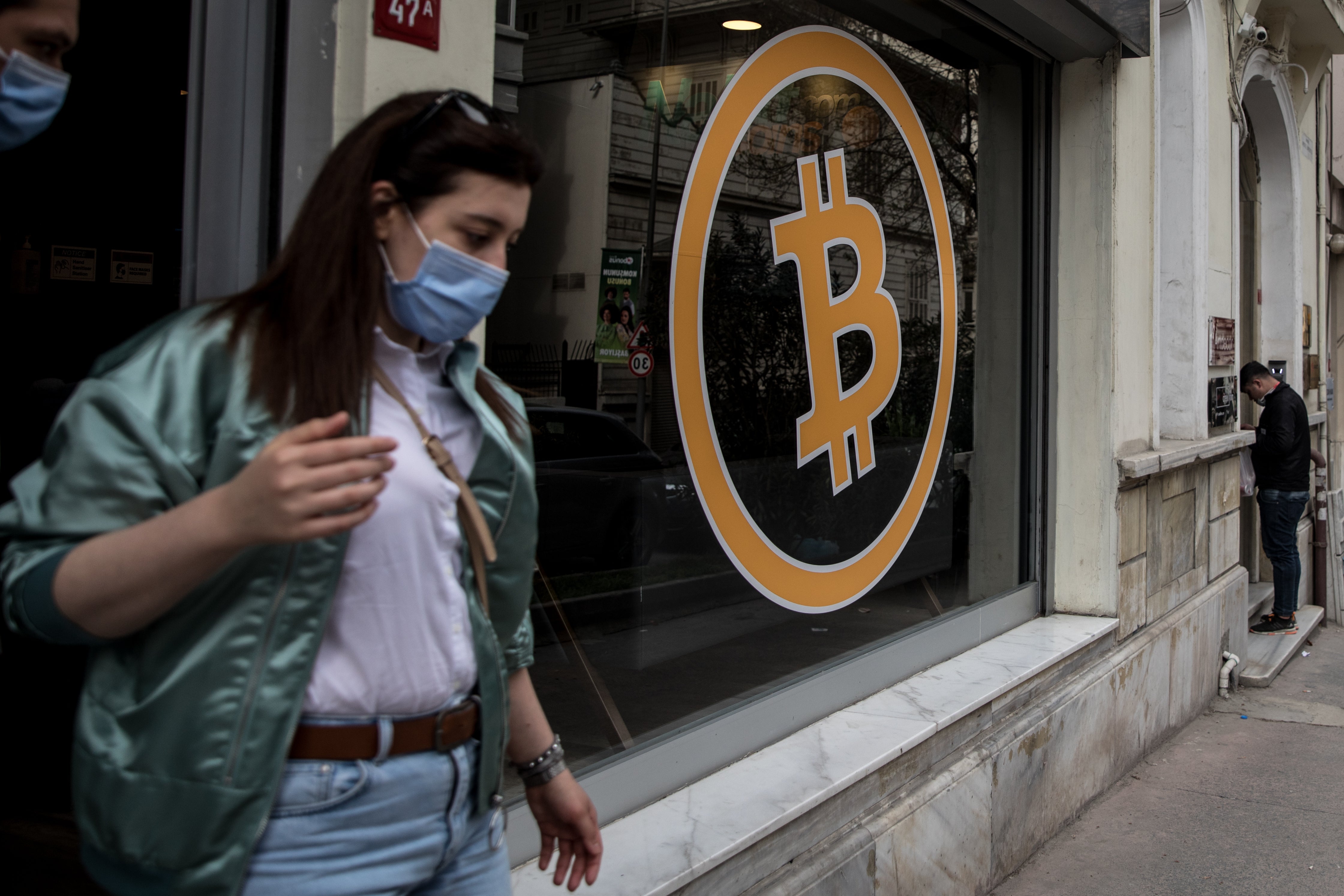India’s proposed cryptocurrency ban: What it means for Bitcoin investors
Country seeks to set up digital currency backed by its central bank

Your support helps us to tell the story
From reproductive rights to climate change to Big Tech, The Independent is on the ground when the story is developing. Whether it's investigating the financials of Elon Musk's pro-Trump PAC or producing our latest documentary, 'The A Word', which shines a light on the American women fighting for reproductive rights, we know how important it is to parse out the facts from the messaging.
At such a critical moment in US history, we need reporters on the ground. Your donation allows us to keep sending journalists to speak to both sides of the story.
The Independent is trusted by Americans across the entire political spectrum. And unlike many other quality news outlets, we choose not to lock Americans out of our reporting and analysis with paywalls. We believe quality journalism should be available to everyone, paid for by those who can afford it.
Your support makes all the difference.An Indian government bill for the creation of a cryptocurrency by the country’s central bank has put many investors, who may hold close to $1.5 billion in digital currencies, in deep uncertainty.
The digital currency bill, currenly under work, is expected to provide an exit window to existing cryptocurrency investors in the event of an outright ban, according to reports.
This exit window, according to a government source, could be a period of about three to six months before a ban on trading in cryptocurrencies is enforced, the Indian Express reported.
However, while banning private digital currencies, the country’s central bank, the Reserve Bank of India (RBI) is expected to go forward with its own digital currency.
“Central bank digital currency is a work in progress. The RBI team is working on it, technology side and procedural side…how it will be launched and rolled out,” RBI Governor Shaktikanta Das had recently said.
While The Cryptocurrency and Regulation of Official Digital Currency Bill, 2021, was expected to be discussed in the recent Parliament Budget session, the government said it is continuing its discussions with stakeholders to incorporate their perspectives on the proposed law.
According to government sources quoted by The Indian Express, officials and ministers in decision making roles are of the view that private cryptocurrencies do more harm than good to the financial system and currency holders, and prefer a government backed version that is free from volatility and fluctuations seen in currencies like Bitcoin.
The Indian government had already sought to bring cryptocurrency transactions under their control.
New rules in March had directed companies to disclose their cryptocurrency holdings, deposits or advances they received for investment in cryptocurrencies, as well as any profit or loss on transactions involving them.
And earlier in 2018 when the RBI banned banks and other bodies from supporting crypto transactions, the Supreme Court intervened and struck down the ban since cryptocurrencies, while unregulated, are not illegal in India.
India is not the only country seeking to regulate cryptocurrencies.
A recent survey by the Bank for International Settlements found that close to 80 per cent of 66 responding central banks across the world have ongoing initiatives exploring possibilities a central bank-issued digital currency (CBDC).
The Digital Currency Research Institute set up by the People’s Bank of China (PBoC) also conducts research in digital currency and studies tools like blockchain and the Distributed Ledger Technology (DLT) to help implement CBDC.
RBI is also studying the use of DLT as a means of implementing a central bank-issued digital currency.
More recently, the Bank of England and the Treasury announced on Monday that they had set up a joint task force to assess the setting up of a CBDC to ensure stability of the pounds sterling against cryptocurrencies.
“If a CBDC were to be introduced, it would be denominated in pounds sterling, just like banknotes, so £10 of CBDC would always be worth the same as a £10 note,” the Bank said.
According to the Bank, the current period is one “of significant change in money and payments”.
However, the Bank of England said any new CBDC would be introduced alongside – rather than replacing – cash and bank deposits.
Experts believe this growing trend of governments intervening in the digital currency space is a move for countries to gain more control over financial transactions since cryptocurrencies like Bitcoin are gainaing more traction, and private attempts, such as Facebook-backed Diem, await approval, while online payments using credit and debit cards are also on the rise globally.
Join our commenting forum
Join thought-provoking conversations, follow other Independent readers and see their replies
Comments